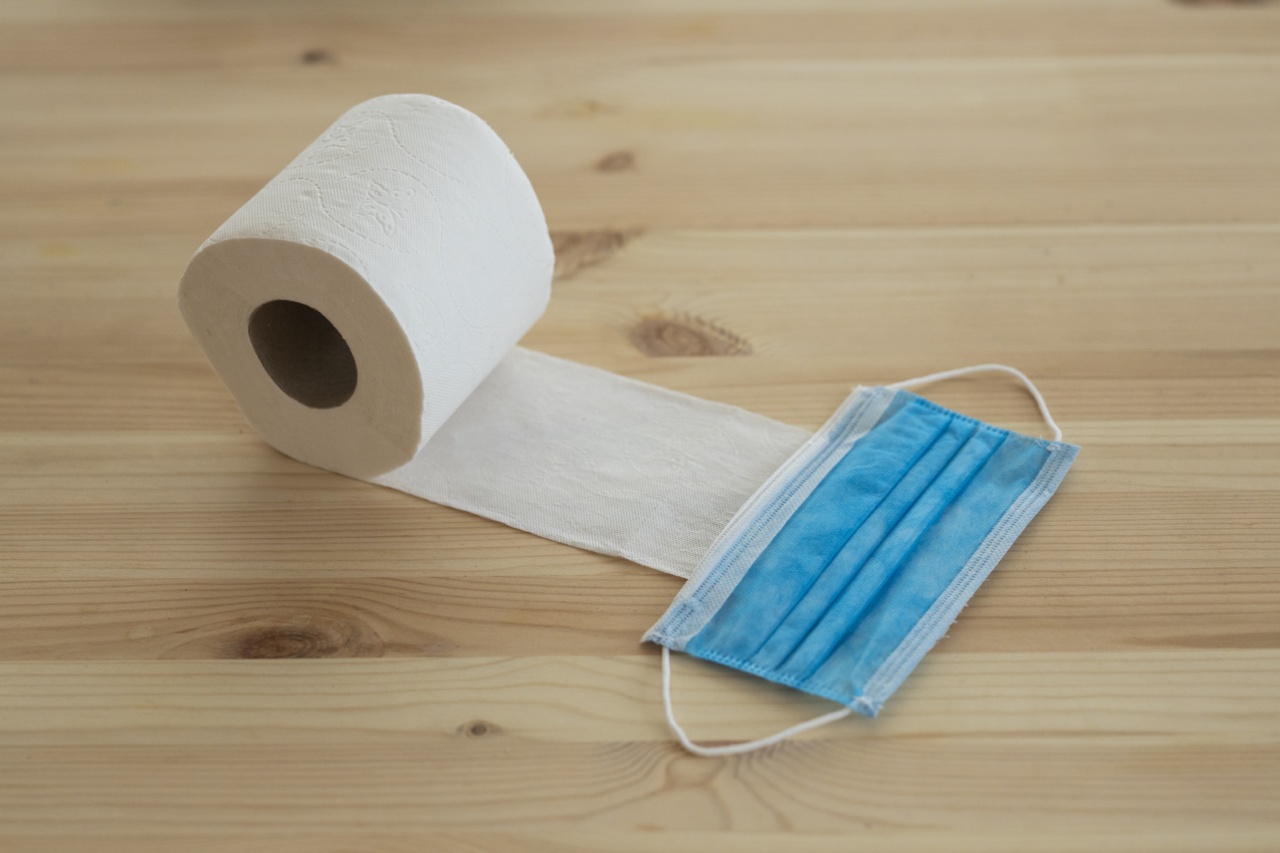Your spine is the foundation of your body, providing support and stability to your entire frame. It also acts as a canal for the nerves that send and receive messages from your brain and the rest of your body.
As such, taking care of your spinal health is vital to maintaining an optimal quality of life. Here are some essential care practices to keep in mind for your spinal health:.
Ergonomic Workstation Setup
Many of us spend hours sitting at a desk, whether it’s for work or leisure. An ergonomic workstation setup can prevent unnecessary strain on your spine and reduce the possibility of spinal injury.
Make sure your chair aligns with your desk, and your feet are flat on the floor. Your computer screen should be at eye level to avoid straining your neck. Use an adjustable chair and keyboard tray to accommodate your seating and typing position.
Stretches and Postural Exercises
Stretches and postural exercises are essential to spinal health. Poor posture affects the alignment of your spine, creating stress and tension that can cause long-term damage.
However, you can maintain good posture with easy activities like standing up straight, rolling your shoulders back and down, and engaging your core muscles. Stretching exercises can also alleviate stiffness caused by prolonged sitting or inactivity.
A Healthy Diet
When it comes to spinal health, a healthy diet plays a crucial role. Your body needs calcium, vitamin D, and other nutrients to maintain bone density and keep your spine healthy.
Similarly, anti-inflammatory foods like berries, nuts, and fish can reduce swelling and inflammation, which can aggravate spinal conditions. By adding leafy greens, whole grains, and lean proteins to your diet, you can give your body the nutrition it needs for optimal spinal health.
Proper Lifting Techniques
Improper lifting techniques can cause spinal injuries, which can lead to severe pain, discomfort, and limited mobility. To reduce the risk of such injuries, use proper lifting techniques like squat-lifting and bending at the knees instead of your waist.
Avoid twisting your torso while carrying heavy objects and distribute the weight evenly on both sides of your body to reduce the stress on your spine.
Regular Physical Activity
Physical activity is essential to spinal health as it helps to reduce the risk of spinal injuries and stiffness. It also promotes strong bones, muscles and promotes flexibility, which maintains spinal health.
Make sure you engage in regular physical activity like walking, cycling, or swimming – at least 30 minutes per day, to keep your spine healthy.
Enough Sleep
Adequate rest is necessary for optimal spinal health. It allows your spine to rest, recover, and rejuvenate from daily stress. Getting enough sleep also boosts your immune system, which contributes to spinal health.
Try to get at least seven to eight hours a night of restful sleep to promote optimal spinal health.
Preventative Measures
The best way to maintain your spinal health is through prevention. Avoid activities that put unnecessary stress on your spine like carrying heavy weights, wearing high-heeled shoes, and prolonged sitting or standing.
Be mindful of your posture while engaging in your daily activities and take frequent breaks to stretch and loosen up your muscles.
Stay Hydrated
Staying hydrated is crucial to maintaining spinal health. Your spine needs proper hydration to maintain flexibility and shock absorption capabilities. Water is the best beverage to help prevent dehydration and ensure that your spinal discs stay hydrated.
Aim to drink at least eight glasses of water a day and limit beverages like alcohol and caffeine that can cause dehydration.
Regular Check-Ups
Regular check-ups with your healthcare provider can help identify early signs of spinal conditions. Spinal issues, if caught early, can prevent long-term damage and maintain your spinal health.
Make sure to talk to your healthcare provider about any concerns or discomfort you may feel.
In Conclusion
Giving your spine the proper care it needs is fundamental to your overall health and well-being. By incorporating these essential care practices, you can keep your spine healthy and reduce the risk of spinal injuries and conditions.
Always remember that prevention is the best cure, so make sure to give your spinal health the priority it deserves.





























